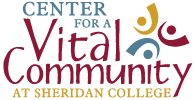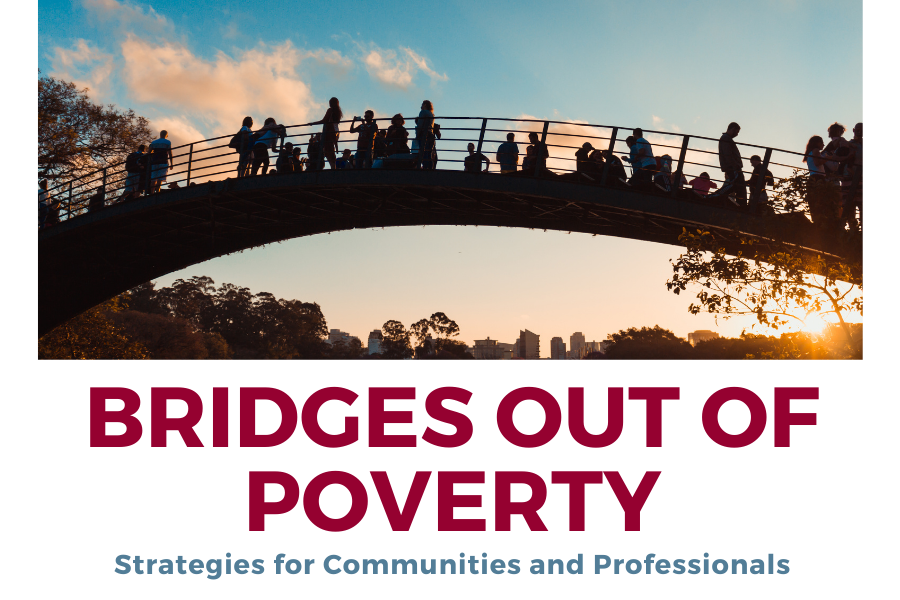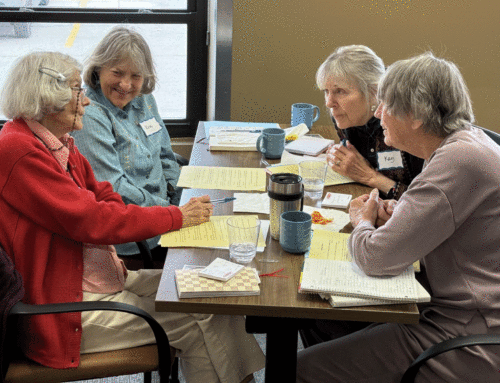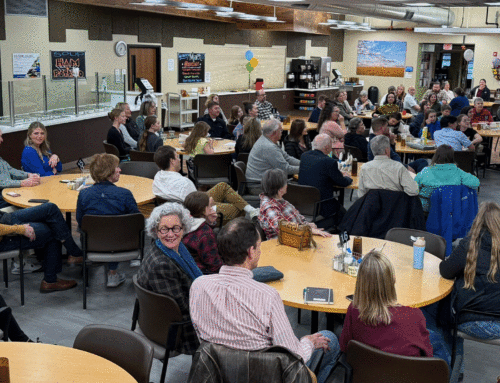I find it mind-blowing that we hosted Thrive vs. Survive Study Circles on Poverty ten years ago. Ten years! My children were ten and seven, my face was unlined, and spare time was a distant dream. Now I have teenagers who drive, I read novels, and our community has Parent Liaisons, a Big Brothers Big Sisters high school mentoring program, Community Connections, and improved graduation rates. Not bad for ten years. We also hosted two Bridges Out of Poverty trainings, which rocked the attendees’ worlds. I still hear about how the information impacted them and profoundly changed their viewpoint.
Back by popular demand, the CVC is hosting Bridges training for the community on Tuesday, June 7, from 8:30-3:30 at the Sheridan College Whitney Center for the Arts upstairs flex space. Pre-registration is helpful (www.sheridancvc.org/bridges), and the cost is $20 per person, including lunch and a Bridges Out of Poverty book. This is information that everyone will find helpful, not just those who work with people in poverty.
Bridges seeks to address misunderstandings and misperceptions about poverty. How to consciously refrain from jumping to conclusions about someone else’s motivations, priorities, and standards based on yours. We don’t even realize we do it, and it’s tough to control, b you can do it. When you know the rest of the story, the hidden one, that’s when you drop your filters and gain understanding about another’s situation.
Bridges Out of Poverty training provides tools to recognize your mental models of poverty and develop an accurate mindset about poverty – the causes, experiences, and behaviors.
A powerful model and book, Bridges Out of Poverty, promotes economic and social change, sustainability, and stability. It brings everyone to the table to inspire innovative solutions to counter poverty and its impact at all levels in our community. The Bridges model helps employers, higher education, community organizations, social service agencies, hospitals, individuals, and others comprehensively address poverty. People from all economic classes come together to improve job retention rates, build resources, improve outcomes, and support those moving out of poverty.
You’ll work with the other attendees to analyze poverty through the prism of the hidden rules of class, resources, family structure, and language. You’ll learn proven strategies for improving outcomes for people living in poverty. This is not Us vs. Them. It’s about everyone developing a comprehensive community approach to poverty.
I’m so excited to refresh my knowledge and provide this information to a new group of community members. It’s a great use of your $20 and seven hours. I promise. You’ll leave changed.







Leave A Comment